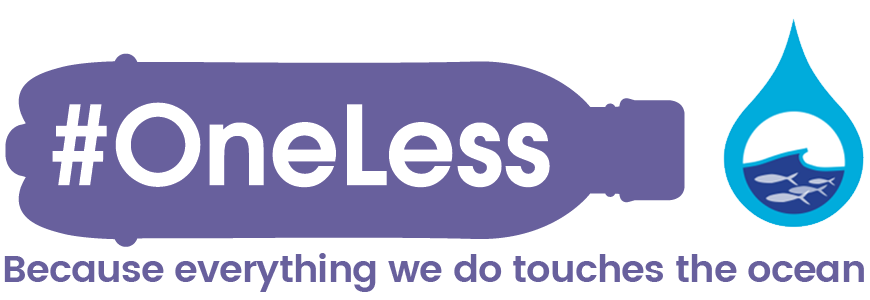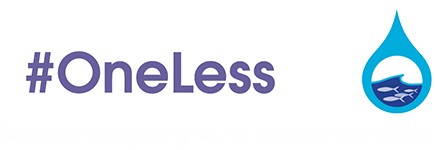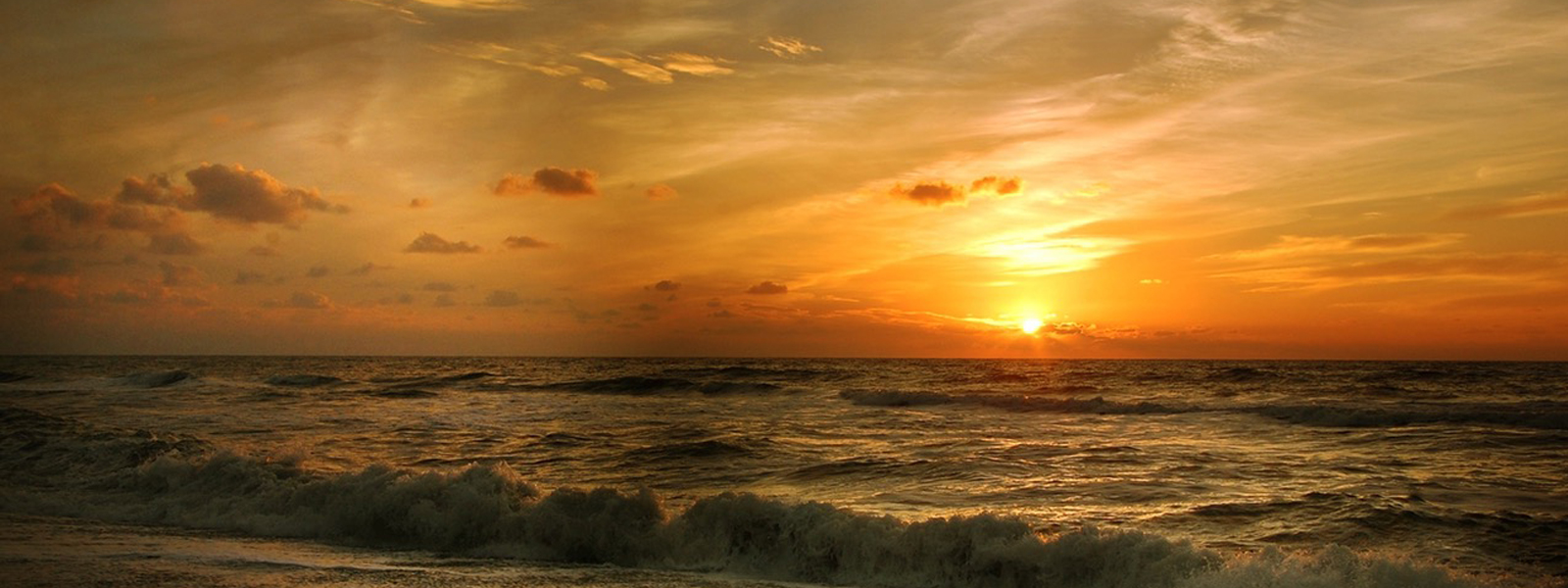Ocean conservation is crucial to addressing climate change, but public awareness is limited. Sparking connections with individuals offers a key to deeper understanding and action.
Blue is the new Green, say ocean environmental organisations. After years in the shadows while the United Nations pushed on with an agenda to cut emissions and slow climate change, the need for global action to protect the seas from pollution, acidification and over-exploitation is finally gaining some limelight.
Next month [5-9th June] the UN will hold its first ever high-level meeting specifically addressing ocean conservation. The UN bills it as “a game changer that will reverse the decline in the health of our ocean for people, planet and prosperity.” Under discussion will be targets to reduce pollution and debris, protect marine ecosystems, end overfishing and destructive fishing practices, and minimise the effects of ocean acidification.
Ocean organisations and scientists are hopeful that the event, and resulting call for action, will mark a turning point after two decades of neglect in national and global politics. Finally, they say, the world seems to be waking up to the importance of the ocean.
“I have worked on ocean issues for 20 years plus, and in the past it’s been difficult to get any attention,” says Dr Heather Koldewey, Head of Marine and Freshwater Conservation Programmes at the Zoological Society of London (ZSL). This May, she was encouraged by the widespread media coverage of the plastic debris strewing the beaches of the supposedly pristine Henderson Island in the South Pacific.
“Whales and dolphins have never been a problem, but getting attention about wider ocean issues has been much more difficult. It’s encouraging to see that more ocean stories are making it to the news.”
But alongside the optimism is an awareness of how hard won some of these advances have been. The forthcoming UN Ocean Conference may revolve around implementing the UN’s Sustainable Development Goal (SDG) on conserving the ocean, but the fact is that there was originally no goal for the ocean when the SDGs were developed in 2014. It was only added after a hard fight by environmental organisations.
And the ocean wasn’t even on the agenda at the landmark Rio Earth Summit in 1992, which resulted in the United Nations Framework Convention on Climate Change (UNFCCC). In the 23 years since that convention was introduced—to “stabilize greenhouse gas concentrations in the atmosphere at a level that would prevent dangerous anthropogenic interference with the climate system”—there has been no similar formal UN process to stabilise or protect the ocean.
“The world is well on its way to meeting targets set for protection on land, but far from its goals for ocean protection,” said Jane Lubchenco, a member of President Obama’s science team and Distinguished Professor at Oregon State University, writing in Science. “The politics of ocean protection are too often disconnected from the science and knowledge that supports it.”
Professor Dan Laffoley, Marine Vice Chair of the International Union for Conservation of Nature’s World Commission on Protected Areas, agrees that political and public engagement with the ocean lag far behind its actual importance. “We ignore the ocean and its life-giving values at our peril. It is, after all, more than 70 percent of the surface of our planet, contains nearly all the water we know, and provides some 99 per cent of our planet’s living space. It absorbs just over a quarter of the carbon dioxide we emit each year and—since the 1970s—some 93 per cent of the enhanced heating from the greenhouse effect and other human activities.”
Yet despite the important connection between the ocean and climate, the ocean was only mainstreamed into climate policy two years ago during the Paris UNFCCC. And most of it remains completely unprotected. Two thirds of the ocean—the high seas—lie beyond national jurisdiction, and according to the High Seas Alliance, until there are means to protect such areas, the whole ocean will remain seriously challenged. “Our hope for the UN Ocean Conference is that it will support a call for states to convene a formal intergovernmental conference next year, leading to a legally binding treaty to protect marine life of the high seas,” said Peggy Kalas of the Alliance.
Why has this happened? Why, despite the progress being made, are scientists and conservationists still concerned that all too few politicians and members of the public appreciate why conserving the ocean is just as important as global warming?
In particular, why does no one seems to grasp that the ocean is critical to the functioning of key planetary systems, and life itself? It is a key contributor to the Earth’s atmosphere, distributes heat, regulates climate and is part of a planet-wide ecosystem that supports all life. But the public and politicians are vague about, or unaware, of this.
“People are always astounded when I tell them that every other breath you take comes from the ocean,” says Heather Koldewey, who conducts public education programmes with ZSL. “At school we learn early on that trees are really important for providing oxygen but people don’t learn that the rest of it comes from the ocean.”
The messages have not been getting through. Ocean conservation organisations and their backers are beginning to tackle this bull by the horns.







